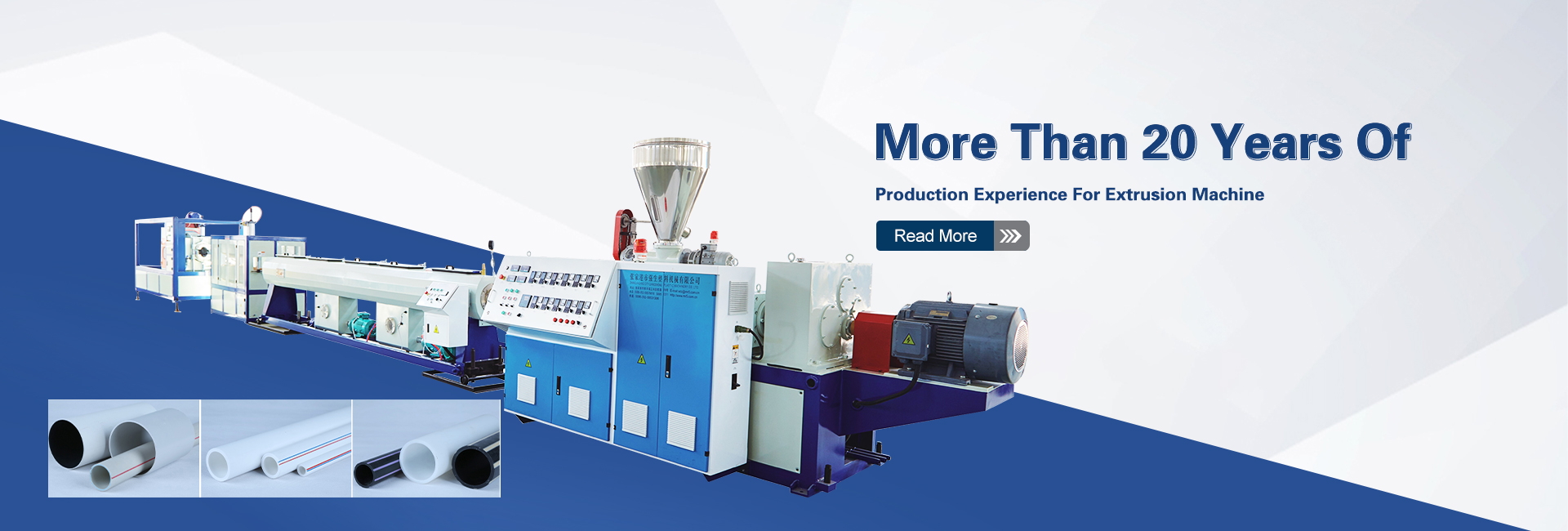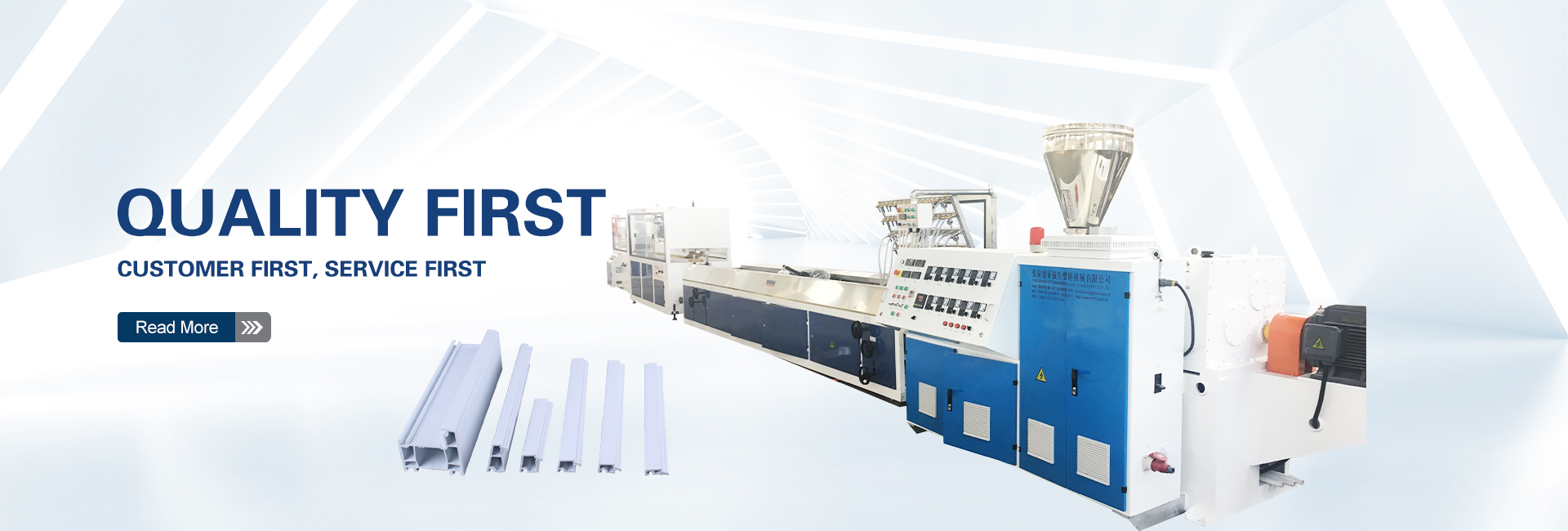Plastic extrusion is a fundamental process in countless industries, shaping everything from building materials to food packaging. But the workhorse behind this process is the plastic extruder machine. Choosing the right extruder for your needs is crucial. This article explores the different types of plastic extruder machines, their applications, and how to select the best one for your production line.
Understanding the Extruder’s Role
An extruder is the heart of the plastic extrusion process. It takes plastic pellets or granules and transforms them into a molten state through friction and heat. This molten plastic is then forced through a die, shaping it into a continuous profile, such as a pipe, sheet, film, or complex form.
The Key Players: Single-Screw vs. Twin-Screw Extruders
There are two main categories of plastic extruder machines: single-screw and twin-screw. Each offers distinct advantages and applications:
- Single-Screw Extruders:
- Simpler Design: Featuring a single screw rotating within a barrel, single-screw extruders are generally more affordable and easier to operate.
- Applications: Ideal for consistent, high-volume production of simple profiles like pipes, tubes, sheets, and films. They excel with materials like PVC, PET, and HDPE.
- Limitations: Mixing capabilities are limited compared to twin-screw extruders, making them less suitable for complex profiles or heat-sensitive materials.
- Twin-Screw Extruders:
- Complex Design: These extruders utilize two intermeshing screws that rotate within a barrel. This complex design allows for superior mixing and shearing of the plastic melt.
- Applications: Twin-screw extruders excel at handling complex profiles, shear-sensitive materials, and applications requiring precise material distribution. They are ideal for intricate window frames, medical tubing, and color-compounded products.
- Advantages: Superior mixing and better control over material properties.
- Disadvantages: Higher cost, increased complexity, and generally lower production rates compared to single-screw machines.
Beyond the Basics: Specialty Extruders
While single-screw and twin-screw extruders dominate the landscape, there are specialty machines designed for specific needs:
- Gear Pump Extruders: Ideal for extruding highly viscous materials or those sensitive to shear, such as silicone or pastes.
- Accumulator Heads: Attached to single-screw extruders, these improve melt consistency for applications requiring precise control.
Choosing the Right Extruder: A Matter of Application
Selecting the right extruder hinges on several factors specific to your production needs:
- Product Type: The complexity of the profile you intend to create is a major consideration. Simple shapes like pipes can be handled by single-screw extruders, while intricate profiles require twin-screw machines.
- Material Properties: The type of plastic being extruded plays a role. Heat-sensitive materials or those requiring precise mixing might necessitate specific screw designs or extruder types.
- Production Rate: High-volume production often favors single-screw extruders due to their generally faster output. Twin-screw machines cater to applications prioritizing quality and control over speed.
- Budget: Single-screw extruders are typically more affordable, while twin-screw machines come at a premium due to their complexity.
Additional Considerations: Factors Beyond the Machine
Beyond the extruder itself, consider these factors:
- Downstream Equipment: The haul-off unit (pulls the extruded plastic), cooling tanks (solidify the plastic), and cutting units (create specific lengths) all play a role in the overall line efficiency. Ensure compatibility between your chosen extruder and downstream equipment.
- Automation Level: The desired level of automation in your production line will influence the choice of extruder controls. Simple lines might have manual controls, while complex lines can be fully automated.
Conclusion: Selecting the Perfect Fit
The ideal plastic extruder machine for your operation depends on a nuanced understanding of your production needs. By carefully considering the factors mentioned above, you can make an informed decision. Remember, consulting with a reputable extruder manufacturer who understands your specific application is crucial. Their expertise can guide you towards the perfect machine that optimizes your production process and ensures superior product quality.
Post time: Jun-03-2024



